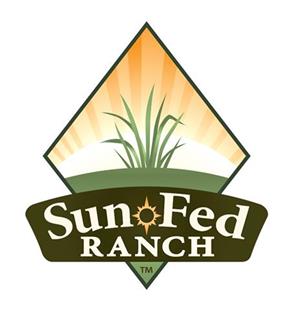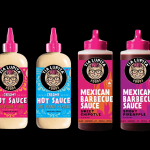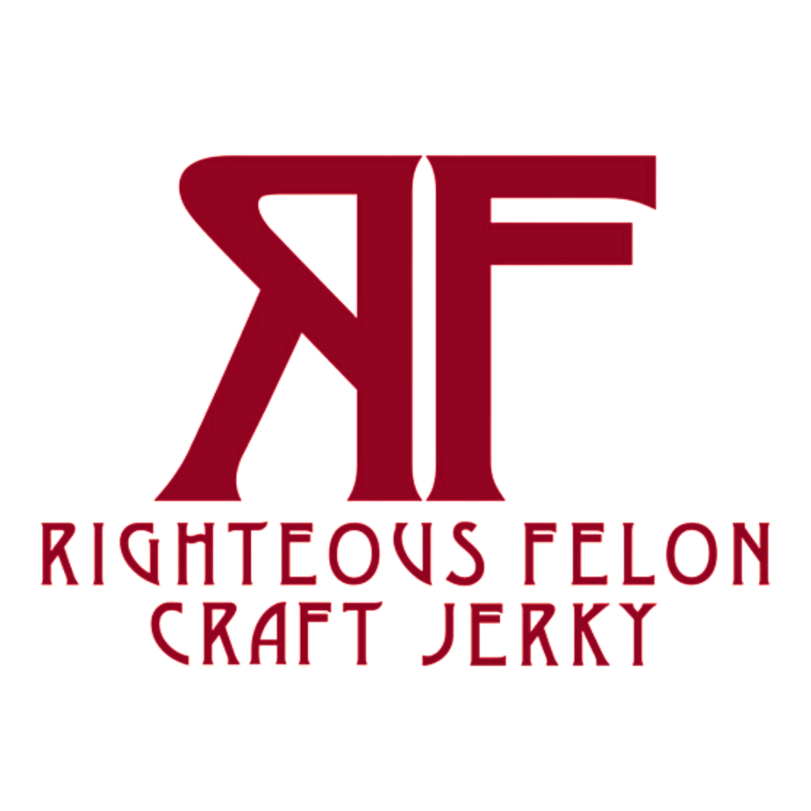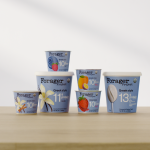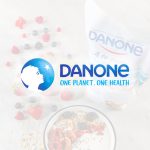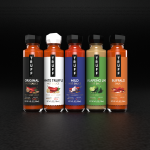Teton Waters, SunFed Combine To Form Grass-Fed Beef Giant
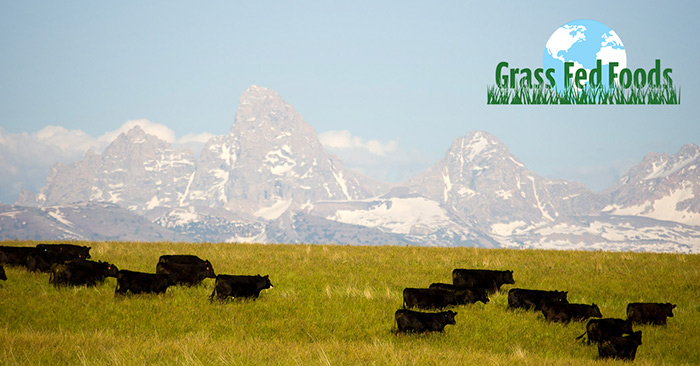
Two leaders in the grass-fed meat industry are joining forces to make one of the largest platforms for pastured beef. Colorado-based Teton Waters Ranch and SunFed Ranch, headquartered in Woodland, California, will now become Grass Fed Foods, a move the brand says will allow it to better capitalize on increasing demand for regenerative agriculture-raised beef.
The merger will combine the two brands’ complementary businesses, with Teton Waters focusing on its existing value-added, grass fed products like sausages, hot dogs and beef patties while SunFed Ranch will utilize its expertise in fresh meat cuts. Once merged the two companies are expected to represent over $150 million in sales. Former Teton Waters Ranch investor Sunrise Strategic Partners will maintain a significant investment stake in the combined entity.
As of press-time, SunFed Ranch and Teton Waters were unable to be interviewed for this story.
Globally, the market for grass-fed beef is expected to grow to $12.1 billion between 2022 and 2027 at a CAGR of 6.9%, according to market research company Technavio.
“The time is right for grass-fed beef with consumer interest in organic, sustainable and regenerative foods at an all-time high,” said Jeff Tripician, president and CEO of Grass Fed Foods and former CEO of Teton Waters, in the company’s press release. “Grass Fed Foods will lead the way for consumers that want to upgrade their beef purchases to a better, healthier choice for themselves, their family and the planet, allowing them to embrace these products.”
Tripician joined Teton Waters as CEO in May as discussions over the merger were beginning. Most recently at Perdue Farms and Niman Ranch (which was acquired by Perdue in 2015), Tripician has spent over 30 years helping build brand platforms across several industries.
Founded in 2009 in Teton Valley, Idaho, Teton Waters now sources 100% grass-fed beef from all over the world. It specializes in value-added beef products like summer sausages, hot dogs and burger blends. SunFed Ranch was co-founded in 2011 by two ranchers, Chris Donati and Matt Byrne, with generations of experience pasture-raising cattle in Northern California, and has become the largest domestic producer of grass-fed beef.
Investment firm Sunrise Strategic Partners, who has also backed grass-fed dairy makers Maple Hill Creamery and pasture-raised egg brand Vital Farms, said it has seen demand for grass-fed beef grow since taking an equity stake in Teton Waters in 2016. About a year and a half ago, Sunrise began to help Teton look for a merger partner with similar values and mission so the brand could grow and offer a “full-suite of grass-fed beef solutions to customers,” according to Vincent Love, co-founder and managing partner at Sunrise.
SunFed emerged as a perfect complement to what Sunrise and Teton were looking for, Love told NOSH. “We realized we needed a broader footprint. The combination gives us the scale to be able to target foodservice customers and other channels like that.”
The new company is hoping to launch both brands into foodservice by early 2023 by targeting fast casual, colleges, universities and corporate dining channels seeking a healthier, more environmentally sustainable meat option.
“With the strong demand for grass fed by younger Millennial and Gen Z consumers and established consumers who care about better-for claims upgrading their shopping carts, it is only natural for grass-fed beef to find its way onto progressive-minded menus across the country,” said Amanda Duran, chief revenue officer for Grass Fed Foods, in the press release.
According to SPINS data provided by Sunrise Partners, the grass-fed beef category is up 23% year-over-year and overall the frozen and refrigerated meat category is up 6.4%.
The long term goal is to use the Grass Fed Foods platform to further capitalize on that growth. The new parent company could potentially expand into other types of meat and launch into other areas of regenerative agriculture through innovation and acquisitions, Love said, noting that consumer demand for healthier, environmentally sustainable alternatives to conventional beef goes beyond just plant-based alternatives.
“There’s a place in the market for those products. It will get lots of trial, lots of excitement in the marketing budgets,” Love said. “But if the products don’t perform, consumers will revert back to the products that they love and are familiar with, like real meat.”


